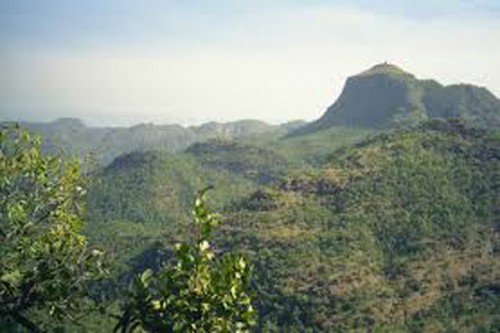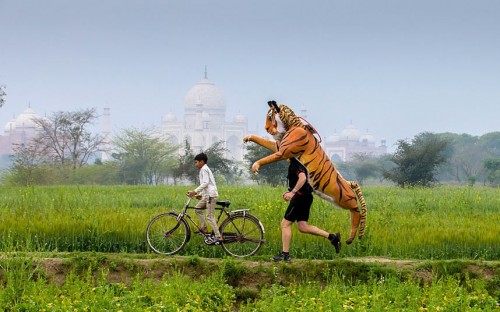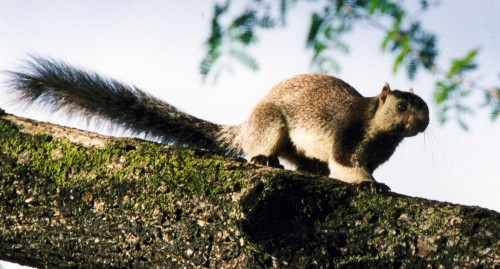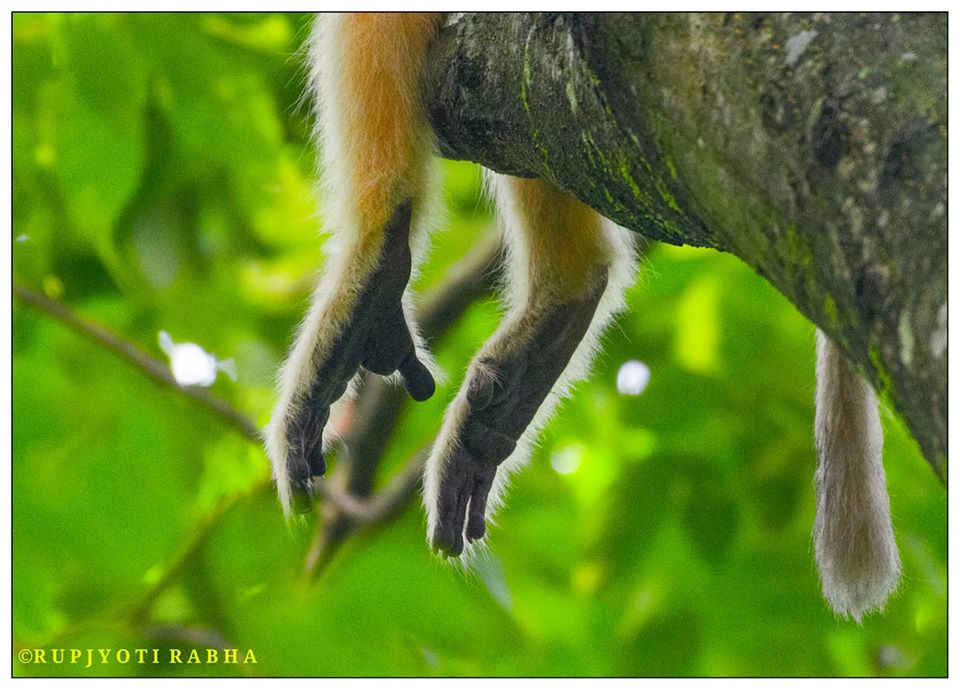It is often saddening to see the rapidity with which last expanse of wildlife is turning into concrete jungles in India. The growing population and with it the challenges of limited resources is turning even small wilderness pockets into space for high rise buildings. Among such news it is thus a pleasant surprise to find ethnic tribes still respecting Mother Nature’s treasures. The people in focus here are the tribal belonging to Bastar, Dantewada district of Chattisgarh in Central India. Living around Boma hill, these ethnic tribes have helped protect a hill and maintain its natural beauty through a simple rule – stepping or climbing on this hill is considered a sin and any offender caught is fined Rs.500!

Boma hill is located about 25 kilometers from Dantewada near Nelguda village on the banks of Indravati River. Since time immemorial, locals have been worshipping the breast-shaped hill which is believed to be the chest of the goddess venerated by them. It is thus both religious sentiments as well as conservation of environment that is met by this unique belief.
“It serves two purposes, one the religious sentiments remain intact and secondly the forest, medicinal plants, woods and wildlife remain safe and conserved. Absolutely untouched,” Parmanand Pujari of Chote Tumnar temple told TOI.
The amount collected from offenders is utilised during the annual ‘mahotsav’ (festival) of goddess Mahagauri. Besides the fine, those violating the rule are required to‘ask-for-forgiveness’ from the hill goddess. Priests chant the mantras of forgiveness for the offender before procuring the penalty fee.
The morning chants at the ancient temple are all in reverence of the Goddess and the hill, specifying it to be a sin to step on the hill. The priests inform about the specific shloka recited in the morning. It says in Sankrit,
“Samudravasane Devi, Parvatstanmandale, Vishnupatni, namastyubhyam, padsparsh, khamasvame.” It means “O Goddess adorning oceanwhite robes, with the sacred mountain chest. She who is the wife of lord Vishnu, I pray to you and ask forgiveness if I step on your sacred body.”
Another resident Mohan Bhagat elucidates that the land of Nelguda, Barsur, Samlur, Chote Tumnar, Bade Tumnar; house temples of sacred and ancient goddesses dating back to the 11th century.
The rules of the tribe are enforced upon the offenders impartially. As the locals are well-versed with the regulations, it is usually the newcomers, government officials or smugglers who unknowingly step up the Boma hill.
Environmentalists believe that this rule came into existence probably to safe keep the hill and its natural resources from too much exploitation. These religious sentiments has now helped in keeping the hill safe from mining and logging in a district that is often in the news for the wrong reasons with naxal terrorists known to populate the area.
The preservation of the hill has also helped preserve another aspect. The local tribes are known for their knowledge of herbal medicines sourced from the plants of the region. Both the identification of the medicinal plants as well as the precious knowledge of their powers and use is known only to the traditional healers, herbalists and elderly members of the tribe. This knowledge too is equally endangered in the modern world and by protecting the hill, the past generations are also able to pass this knowledge to the present.
Call it religion, preserving a cultural tradition or simple love for nature, the Bastar tribes have shown a way to the world, that it is not that difficult to preserve what is important, if the community is motivated enough to do it. Working with locals, understanding their needs, making them understand the harm they can bring to the environment, and using local culture to reach out is the only way ensure that wildlife and nature is protected, always.
More Related Stories,
Locals Become Guardians of the Grizzled Giant Squirrel
Vanishing Ecological Inheritance
Tribal Women Save Forest Being Cut in the Name of Eco-tourism






One thought on “Pay a Fine if You Step on this Hill! The Unique Tribal Way to Protect Nature”